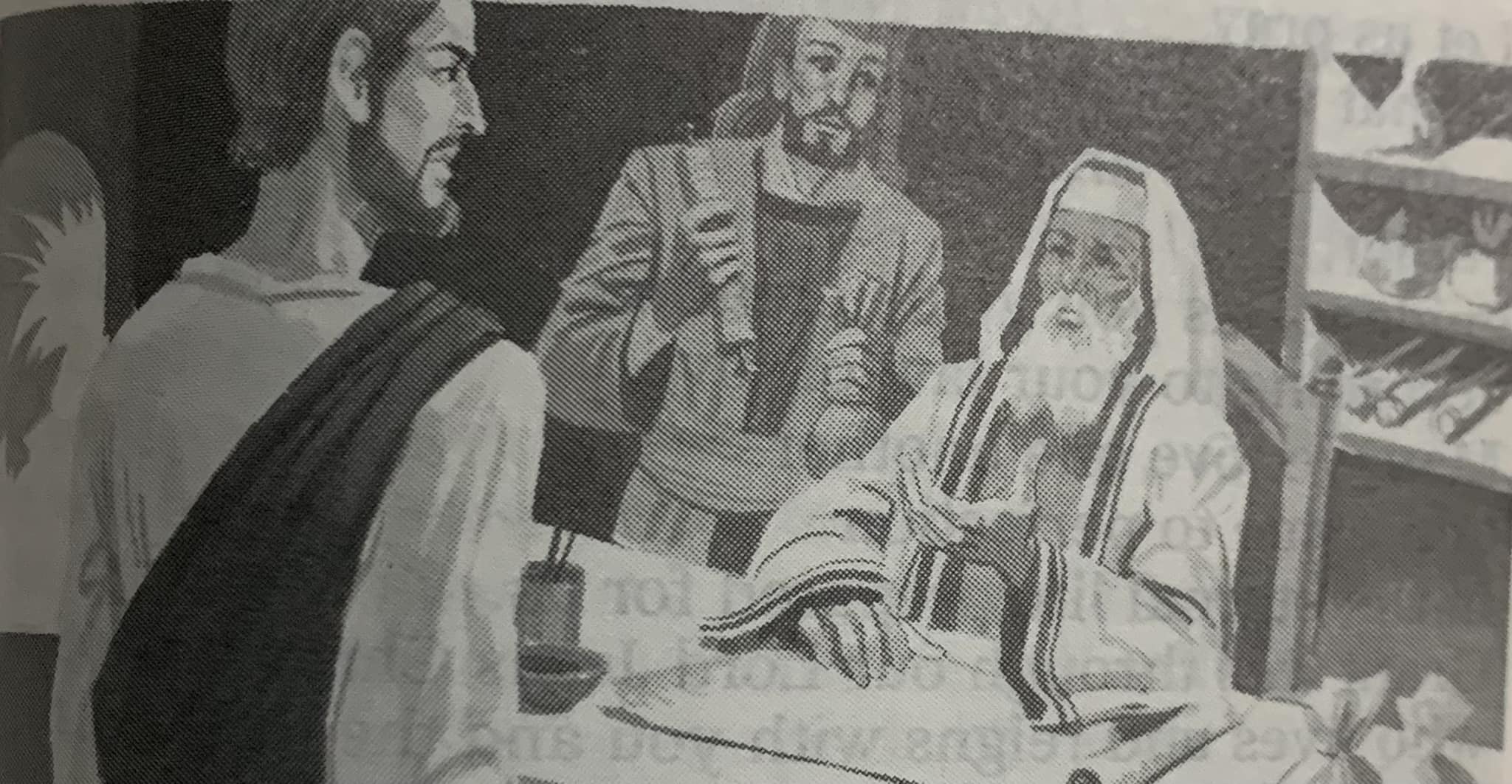328 total views

Somehow foreshadowed by the preceding parable of the Prodigal Son who squandered his possessions by dissolute living, the new theme on the use of material goods comes to the fore in the following parabolic narrative (Lk 16:1-8a) and its application (vv8b-13). In the conclusion of the parable, ‘the dishonest steward was commended by the master for acting prudently’ (v8a).
The word used to describe the steward is φρονίμος (phronimos), translated as “prudent”. It belongs to the semantic field which covers the following related terms: wise, intelligent, knowledgeable, skillful, etc., from the basic capability to know what to do and how to do it to superior mental ability to make judgments and decisions to cope with reality and the achievement of general successful living not necessarily with moral reference. Though used around fourteen instances predicated of people denoting capable of insight and understanding or maintaining one’s own interest in a noble sense (e.g. Mt 7:24, 10:16, 25:2; Lk 12:42; 1 Cor 10:15), it is employed as well in a negative sense with the connotation of “conceit” (Rom 11:25, 12:16), sarcastic condemnation of foolish people (1 Cor 4:10; 2 Cor 11:19), and even the sense of cunning or astute.
The approval bears on the prudence of the manager who realized how best to use what material possessions were his to ensure his future security, and his ability to act decisively in the face of an imminent crisis. The “dishonest steward” is therefore commended by his master (v8), not because of his dishonesty- his initial mismanagement and squandering (vv1-2), or of any falsification of accounts (vv 5-7), but because of his prudence, in acting with decisiveness in a moment crisis. He was enterprising and judicious; that merits commendation. The parable has nothing to say about other aspects of his moral compartment.
Christian disciples are also faced with a crisis by the kingdom/judgment preaching of Jesus and the prudent use of material possessions is recommended in the light of that crisis. Thus the adjunct sayings, remind us that “as children of light” we should use them for eternal gains, i.e., for the good of others, (vv8b-9). Prophet Amos, the prophet of social justice, specifically warns against practices in which the disadvantaged are clearly being exploited (8:4-7). It also commended fidelity in the stewardship of these goods (vv10-12). Finally, basic choices must be made- one is either pledged to worldly passing concerns or to God, (v13).
We are but God’s stewards and entrusted with his manifold graces. He will call us to give an account, regarding our time, our talents and skills, our possessions. We need to use his gifts to us through love and service to neighbor so as to help us gain access to our heavenly home. Herein lies the need for virtuous prudence, the wisdom of the children of light.















